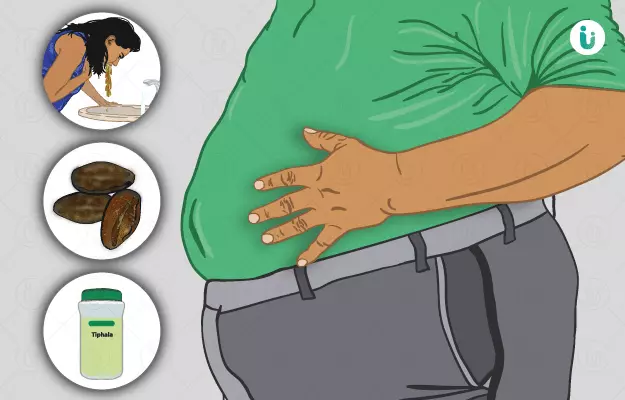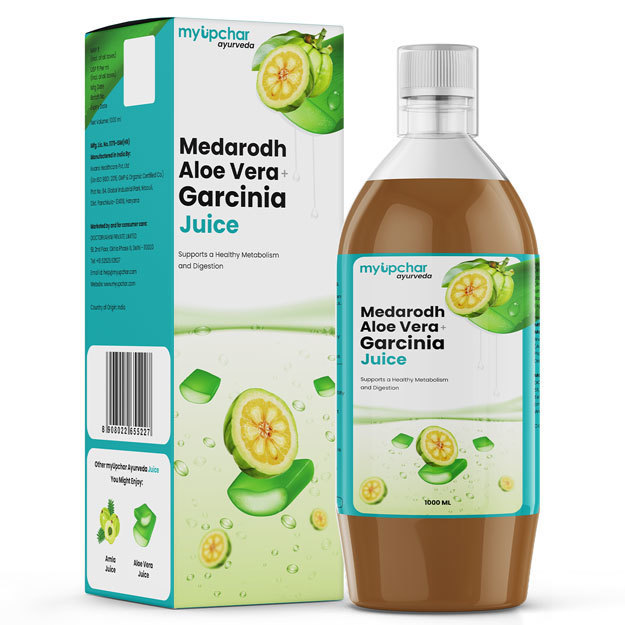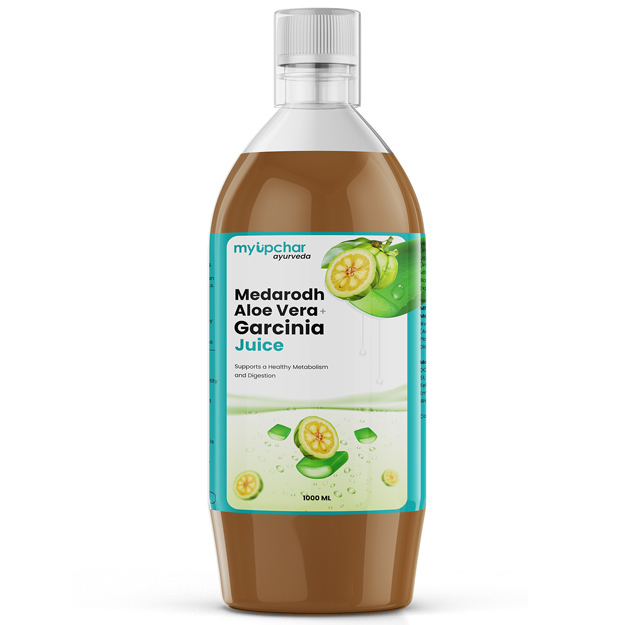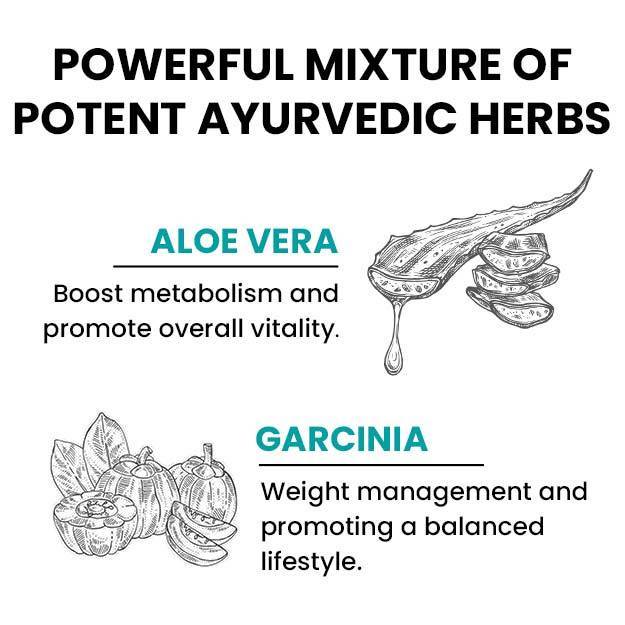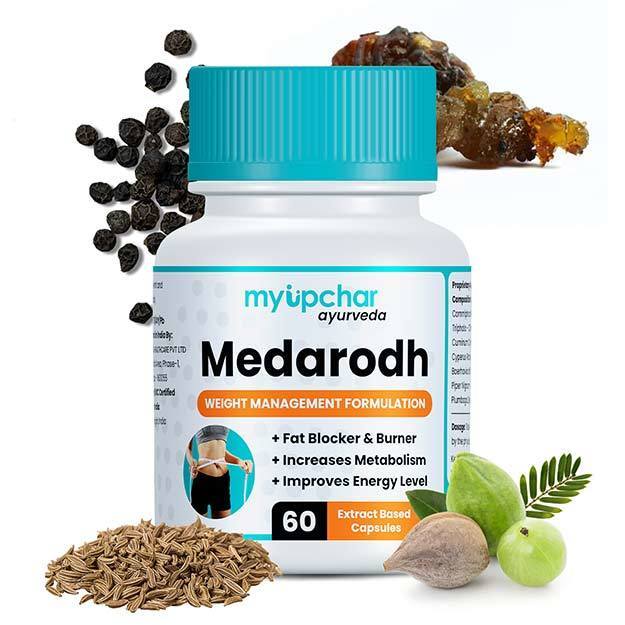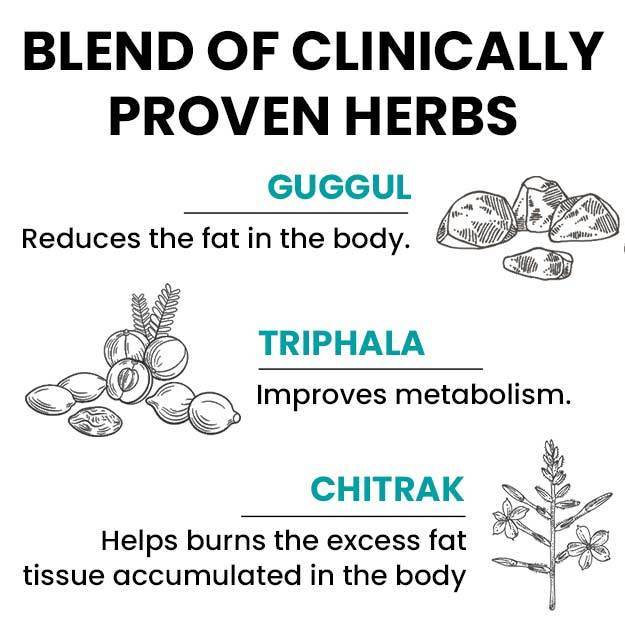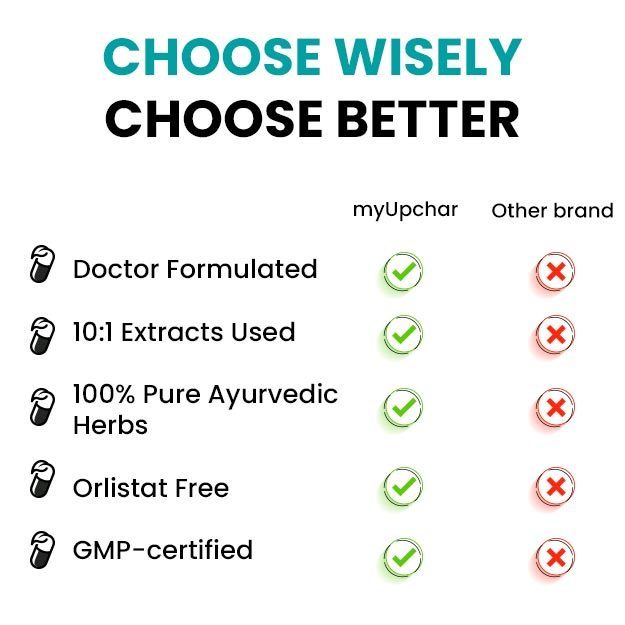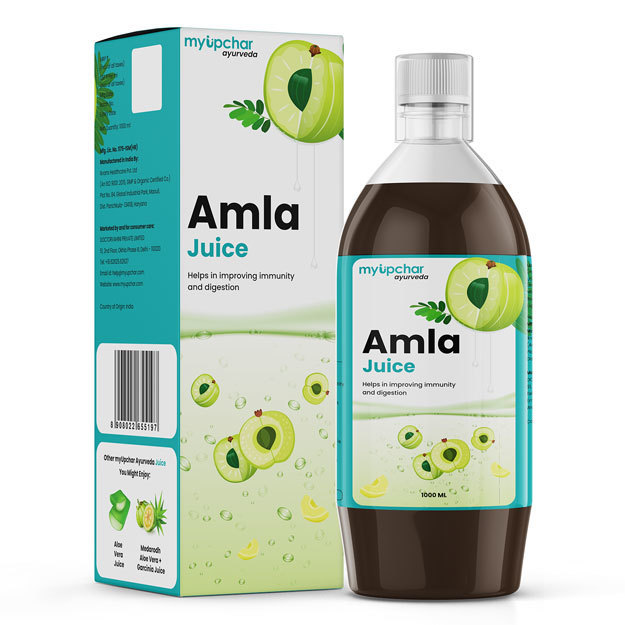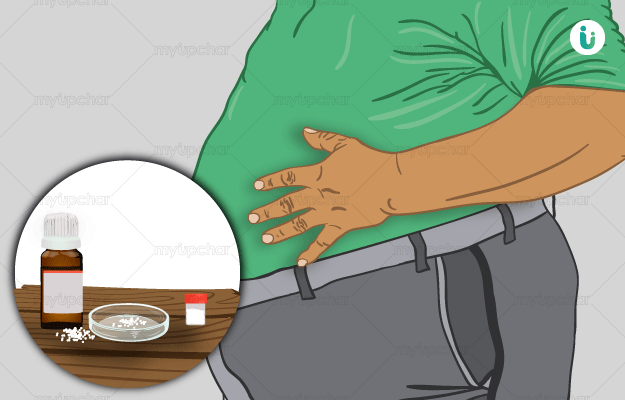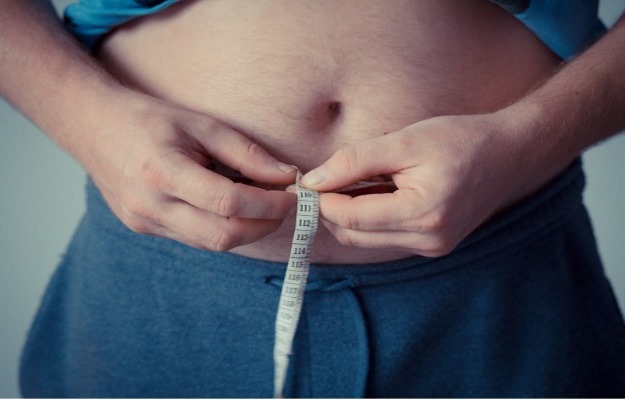Obesity is a condition characterised by accumulation of excessive weight or fat in the body, especially on the belly, under the chin, thighs and/or the buttock area. Obesity is not a serious condition in itself, but can lead to a decreased life span and is a risk factor for other health conditions like hypertension, diabetes, stroke and some types of cancer. A BMI (body mass index) of 28.6 or more in females and 30 in males is indicative of obesity.
Please click on this link to know better ayurvedic tips for weight loss.
Ayurveda treats obesity or sthaulya with a holistic approach. Several Ayurvedic herbs like shilajatu (asphaltum), haritaki (chebulic myrobalan) and musta (nut grass) are useful in treating obesity. Ruksha-ushna (herbs having dry and warm qualities) basti (enema) is an effective detoxifying and weight management technique used in Ayurveda where the herbs are warmed up and given as purgatives to eliminate the unctuous material in the body. Certain yoga asanas and poses like cobra, fish, camel and cow poses are helpful for reducing excessive fat and toning muscles.
(Read More - Obesity Profile Test)

